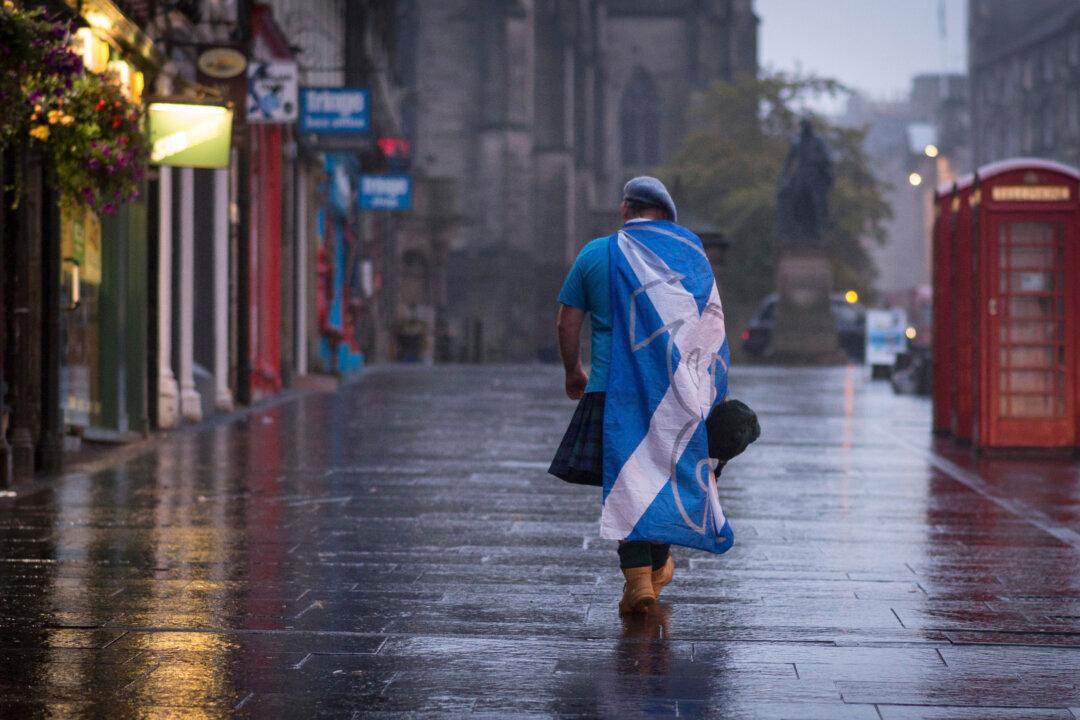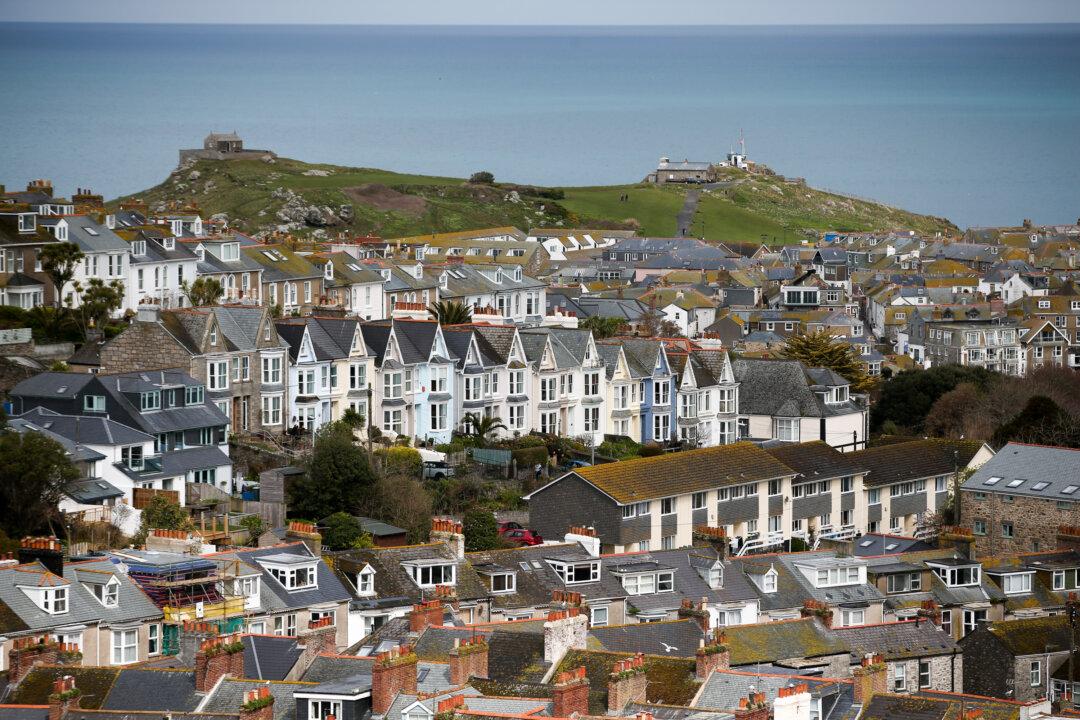“You’ve got to provide a vision,” says journalist Lesley Riddoch. “It’s the only way any political change happens.”
This is the challenge for pro-independence campaigners like the award-winning Riddoch, born in Northern Ireland to Highland Scots parents, who came out for “Yes” in the referendum on Scottish independence in 2014.



